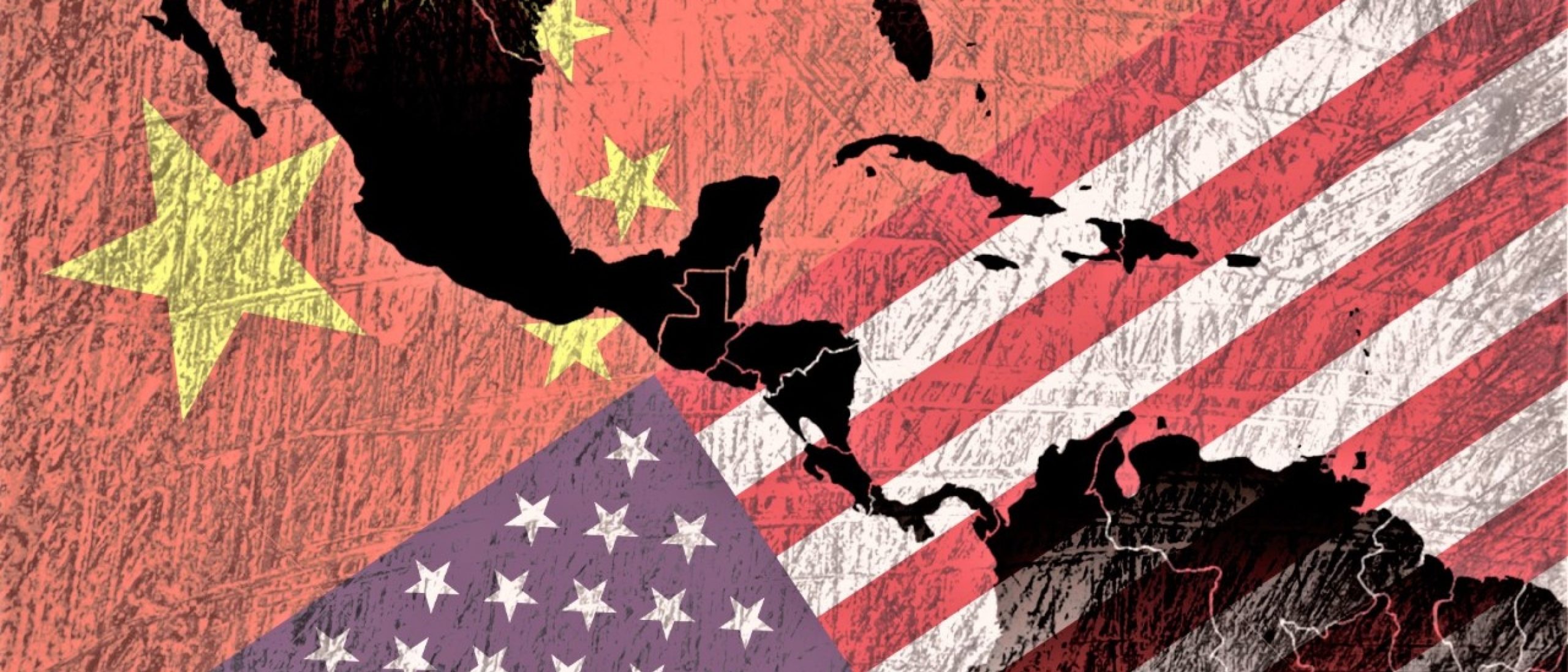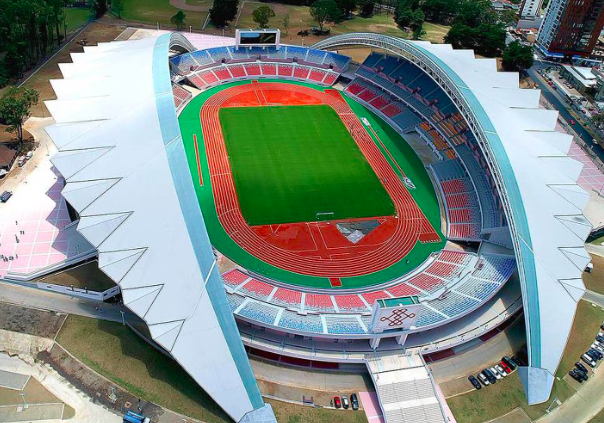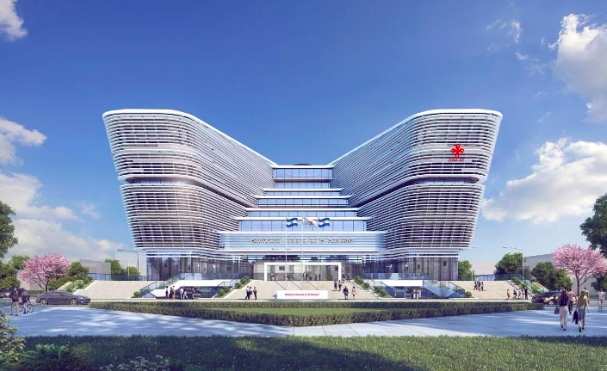By Fátima Romero
Until a few years ago, China had no interest in Central America due to the lack of raw materials.
However, since 2007, its footprint in the region, once close to Taiwan, has continued to expand.
Costa Rica, Panama, Dominican Republic, El Salvador, Nicaragua, and Honduras have established diplomatic relations with Beijing encouraged by Chinese promises.
Of the Central American Integration System (SICA) bloc, only Guatemala and Belize recognize Taipei’s sovereignty, which they reaffirmed during Taiwanese President Tsai Ing-Wen’s visit to those countries a few days ago.

These Central American countries represent two of Taiwan’s 13 formal allies worldwide.
Tsai said during this tour that the Asian island faces “constant threats and pressures from its neighbor across the Taiwan Strait (China),” as Taipei’s relations with “democracies around the world have grown strongly in recent years.”
When Honduras made relations with the Asian power official on March 26, the de facto US embassy in Taipei said China often makes unfulfilled promises in exchange for recognition.
WHY IS CHINA NOW INTERESTED IN CENTRAL AMERICA?
China not only has a commercial interest, but also a political one, says an article by Zdeněk Rod and Michal Himmer, researchers in Political Science and International Relations at the University of West Bohemia in Pilsen, Plzen, Czech Republic.
The article has been published in the academic journal Latin American Policy.
“The People’s Republic of China is paving its way into Central America, considered a strategic area of interest for the United States.”
“As current evidence suggests, there will be competition between the two great powers in the region,” the experts argue.
For Evan Ellis, research professor for Latin America at the US Army War College’s Strategic Studies Institute, this region is important for expanding Chinese geopolitical influence.
In the case of Taiwan, due to President Xi Jinping’s interest in bringing this territory of 23 million people under his political control before the end of his third term in 2027.
China’s relationship with Central America has historically been insignificant.
However, much had changed, especially since 2007, when Costa Rica became the first Central American nation in the millennium to break with Taiwan and recognize the People’s Republic of China.
The move saw Costa Rica benefit from increased trade flow with China, greater investment, and a new national sports stadium, among other infrastructure and development projects.

The case of Panama is similar.
At the beginning of the millennium, its exports to the People’s Republic of China totaled US$2 million, and its imports from China amounted to only US$41 million, according to records.
This changed after recognizing China in June 2017, when the Panamanian government opened negotiations on a free trade agreement and became the first in the region to sign the Belt and Road Initiative.
As a result, two-way trade increased by a factor of 22%.
Panama’s exports to China increased to US$33 million in 2019, and its imports from China multiplied to 27 times that figure.
Panama’s membership promised much and soon delivered.
More than 20 infrastructure projects have happened or have been touted, ranging from ports and terminals connected to the Panama Canal to a fourth bridge over the waterway, rail lines, electricity transmission lines, and telecommunications.
DOMINICAN REPUBLIC TIES
The Dominican Republic announced in May 2018 severing ties with Taiwan to establish them with China.
According to local reports, the People’s Republic of China offered the Dominican Republic an initial portfolio of projects worth US$3 billion, followed by another US$10 billion in investments.
Despite the announcements, Chinese progress was briefly halted by the devastating effects of the pandemic, and the election of a new president, Luis Abinader, in July 2020.
The current president is more sensitive to the US-Dominican Republic relationship than his predecessor, Danilo Medina.
During the most difficult stage of the health crisis, China provided the Dominican Republic with the purchase of almost 16 million doses of the Sinovac vaccine and donated another 50,000 doses of the Sinopharm vaccine.
THE RELATIONSHIP WITH EL SALVADOR AND NICARAGUA
Under leftist Salvador Sánchez Cerén, El Salvador announced establishing ties with China in August 2018.
Although it was believed that Nayib Bukele would backtrack on the diplomatic decision, suspicions faded.
The current government has signed US$500 million worth of development financing for different projects, from a new sports stadium to a national library and its prized plan to turn part of El Salvador’s Pacific coast into Surf City.
Bukele also backed an earlier deal for China to build a new deep-water port in the Gulf of Fonseca to service a special economic zone (SEZ).

Nicaraguan Daniel Ortega first cut ties with Taiwan in 1986 after overthrowing the US-backed Somoza regime and winning subsequent elections.
However, his successor Violeta Chamorro returned to Taipei in 1990, a move Ortega decided not to revoke when re-elected in 2006 until December 2021.
So far, China’s relationship with Nicaragua has been limited to donating vaccines and medical supplies.
The most notorious project is the construction of social housing for US$60 million, which begins this month.
However, the eternal promise has been an interoceanic canal valued at US$50 billion, which Ortega discussed with Chinese business people in 2014, but of which, so far, there is no news.
The Grand Canal route sought to cross the country’s south, from east to west, with an extension of 278 kilometers, promising the passage of a new generation of container ships.
In Honduras, Foreign Minister Eduardo Enrique Reina says that the Central American country hopes to cooperate more in the commercial, investment, cultural, and social fields for mutual benefit.
With information from Bloomberg

